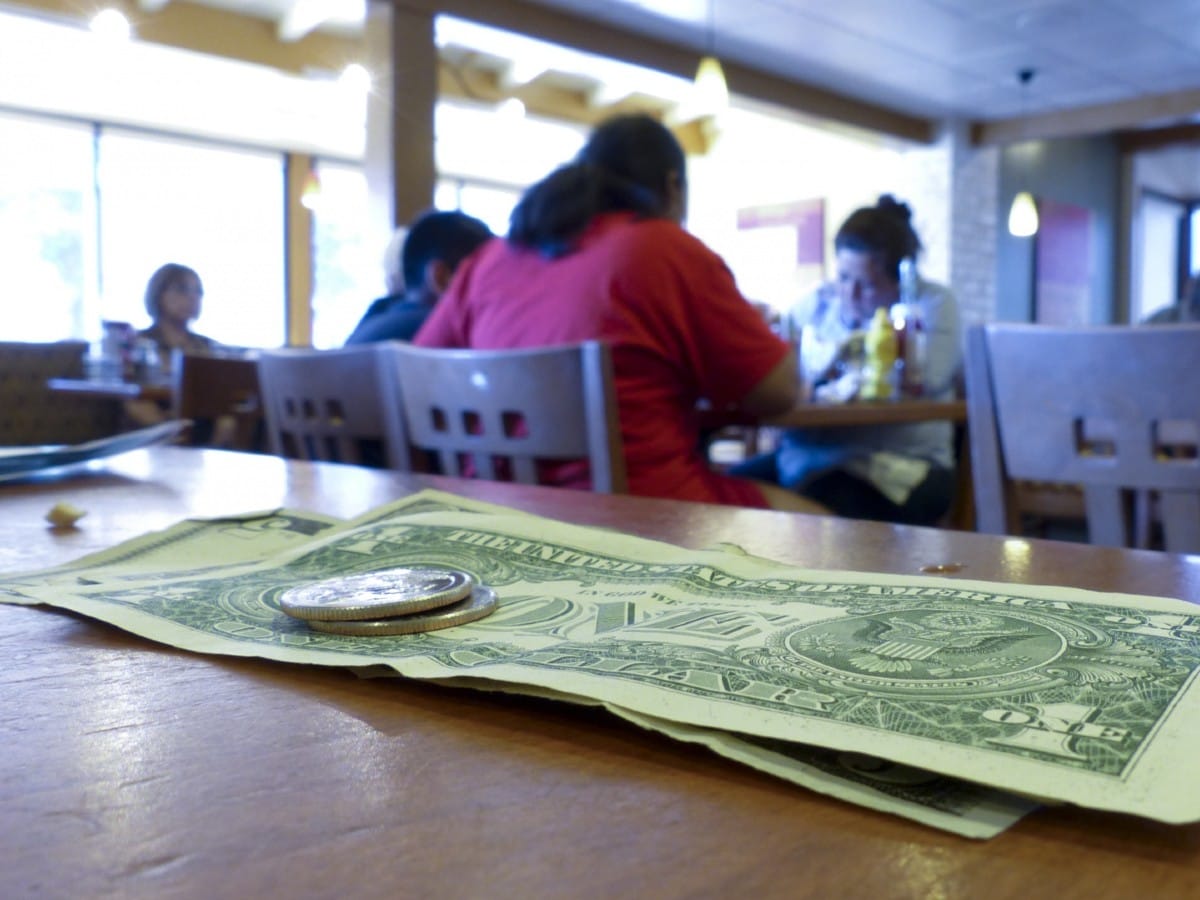
Source: © needpix.com
Tipping, white teeth, fast food, and other Americana Japanese people don’t understand
- Tags:
- Americans / Japanese / perceptions / stereotype
Related Article
-

Japanese Illustrator BerryVerrine Dazzles With Awesome Retrowave Kawaii Art
-

Pool Player Naoyuki Oi Gives The Greatest Interview Ever
-

Kim Kardashian’s Emoji App Has A Much Different Meaning In Japanese
-

Three “freaking awesome” Japanese words from skateboarding commentary!
-

Japanese Student Translates Trump Tweets For English Practice, Learns The Best Words
-

Japanese Voices: @17 no Gokitaku Shimasenka? #40


Americans and other foreign residents living in Japan likely feel exasperated by cultural differences from time to time. Especially early in their stay, the seemingly endless litany of dos and don’ts can be confusing and downright frustrating. "Don't cross your legs," "don't blow your nose," "always clock in at least fifteen minutes early," "don’t point,” and so on and so on. For any ex-pat concerned with fitting in, Japanese idiosyncrasies can be overwhelming.
By and by, most acclimate, but others intentionally flout norms on occasion. As such, the phrase “gaijin smash” comes to mind. Roughly put, the term describes some foreign residents’ (gaijin) tendency to knowingly disregard Japanese rules and customs, playing up their “foreignness” to excuse their offenses. You might imagine an individual barging through a station gate or nonchalantly cutting in line. In either case, they assume no one will stop them. Japanese residents are typically non-confrontational and have varying English abilities. It’d be too much trouble for them to communicate the faux pas in a foreign language.
And who knows, maybe it sometimes makes sense to be so brazen. From a Western perspective, some Japanese rules come across as outdated and entirely inane. Tattooed individuals are told to leave beaches and barred from entering most public baths. Until 2015, a WWII era ban on dancing was randomly enforced throughout the country, sometimes strictly. In such hard-to-accept situations, perhaps the rules are just asking to be "smashed."
Culture Shock
But what about the other side of the coin? If Westerners in Japan struggle to adjust, surely Japanese citizens living abroad have similar frustrations.
Along these lines, several Japanese vloggers have taken to social media to detail what they find curious about American customs and culture. YouTuber SHUNchan, for example, compiled a list of “American things” he doesn’t understand.
Although Shun loves America, there are some customs with which he struggles. For starters, restaurant culture is confusing. He doesn't see why it is impolite to raise his hand to get a waiter or waitress's attention, and he was understandably put off by tipping. Americans also eat some bizarre items, like raw cookie dough and peanut butter on celery. Despite these unseemly choices, Shun was surprised by the American obsession over pearly whites. Pristine teeth are the norm, and individuals invest a lot in their smiles.
That said, Shun was a student while he was abroad. He was dumbfounded by what happened when he ordered a textbook online. Shun waited patiently without receiving his package, only to be told later it had already been delivered. As it turns out, the package was dropped off and subsequently stolen. The vlogger can't help but point out the carelessness involved. An unattended package is begging to be stolen, and that’s precisely what happened.
Views on American People
On their channel, Rachel and Jun were interested to know how Japanese people view Americans. They interviewed several college students in a YouTube video:
Many had understandable reactions when asked what comes to mind when they think about the country. Several thought about fast food, super-sized portions, and the associated weight problems of citizens. Regardless, students consider Americans to be open, accepting, positive, outgoing, and diverse.
However, not all perceptions were positive. Many mentioned gun crime, while others said Americans are dishonest, dangerous, and downright crazy.
Questions for Americans
Finally, YouTuber Ask Japanese got passersby to open up about questions they have for Americans.
Some interviewees were curious about American relationships, particularly among family. Family members seem close, so "Why do Americans have so much love in their families?" is a natural question. Perhaps related, one interviewee also wondered "How are Americans so open and why aren't they embarrassed to kiss in public?”
Naturally, many were curious about eating habits as well. Americans are known to overindulge in junk food, so some asked, "Why do Americans like hamburgers and cola so much?" Others wondered, "Why are American foods and snacks so colorful?" and "Why are portions so big?" Sure enough, others wanted to know, "Why do Americans tip?"
Finally, some were curious about cultural differences. A female respondent questioned, "Why don't Americans take their shoes off indoors?" and whether they clean their houses while wearing the same shoes they use outside. Another asked, "Why do Americans have so many house parties?" In Japan, home parties are uncommon.